Book Review of Homo Deus by Yuval Noah Harari
A Daring Glimpse Into the Future of Mankind
Introduction: Homo Deus by Yuval Noah Harari – A Visionary Text
In the powerful and provocative work Homo Deus by Yuval Noah Harari, the renowned historian invites readers to peer into the speculative and often startling future of the human species. Following the success of his earlier masterpiece Sapiens, Harari shifts focus from our historical past to our evolutionary ambitions and technological pursuits. Through a commanding narrative, Homo Deus by Yuval Noah Harari paints a world where humans no longer strive for mere survival but aspire to divinity — to become gods.
In this extensive review, we will analyze the philosophical premises, ethical inquiries, and scientific provocations that make Homo Deus by Yuval Noah Harari both essential and unnerving. Whether you are an academic, a futurist, or an average reader, this book challenges you to reconsider what lies ahead for civilization.
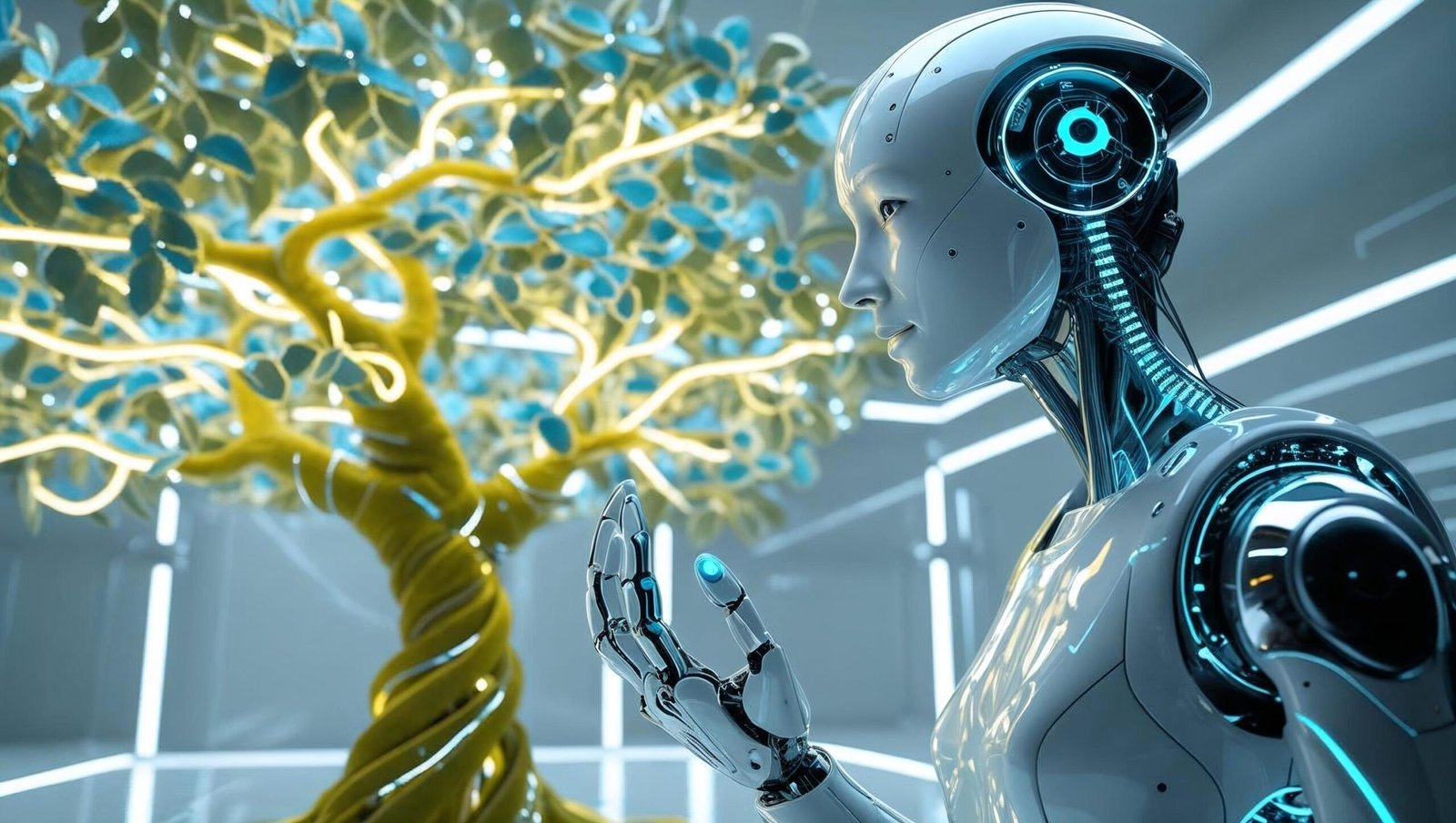
Part I: The New Human Agenda
One of the foundational claims of Homo Deus by Yuval Noah Harari is that humanity’s traditional concerns — famine, plague, and war — have been largely conquered. As per Harari, these historical enemies are no longer existential threats but manageable dilemmas. In place of these ancient adversaries, humanity now confronts a novel agenda: the pursuit of immortality, perpetual happiness, and godlike powers.
Harari categorically states that humankind is shifting its energies toward achieving divinity — not in a religious sense, but through biotechnology, artificial intelligence, and genetic engineering. Homo Deus by Yuval Noah Harari therefore postulates that humanism is no longer merely a philosophical stance but a new religion of dataism — a belief system wherein algorithms and data surpass the authority of gods and human feelings.
Part II: Homo Sapiens to Homo Deus
The transition from Homo sapiens to Homo deus is not merely biological but cultural, technological, and metaphysical. Homo Deus by Yuval Noah Harari dissects this transformation with razor-sharp insights. He argues that just as Homo sapiens supplanted all other species through superior cognitive abilities, the future Homo deus will outgrow biological limitations through machine learning and augmented cognition.
However, this evolution is not devoid of moral peril. Homo Deus by Yuval Noah Harari warns that with greater power comes greater asymmetry — especially between elites and the common populace. The specter of digital totalitarianism looms large as Harari foresees a world in which a handful of tech corporations could exercise divine control over masses.
Part III: The Rise of Artificial Intelligence
One of the most chilling yet illuminating chapters in Homo Deus by Yuval Noah Harari discusses the implications of artificial intelligence. According to Harari, we are not just building tools but creating entities that might eventually surpass human cognition and consciousness. He questions whether intelligence, divorced from consciousness, could become the dominant life form.
The book delves into various scenarios, such as autonomous weapons, algorithmic surveillance, and decision-making systems that no longer rely on human judgment. Homo Deus by Yuval Noah Harari posits that in a world ruled by data, traditional ethics and democratic values may become obsolete.
Part IV: Free Will and the Illusion of Individualism
In Homo Deus by Yuval Noah Harari, the notion of free will is not only questioned but deconstructed. Harari, drawing from cognitive science, suggests that individualism is a myth perpetuated by the humanist tradition. He contends that our decisions are the byproducts of biological algorithms and chemical reactions — reducing personal identity to a set of predictable computations.
This radical claim, central to Homo Deus by Yuval Noah Harari, undermines centuries of philosophical tradition. It forces readers to grapple with the possibility that human beings may not be as autonomous as we believe. The implications for ethics, law, and governance are profound.
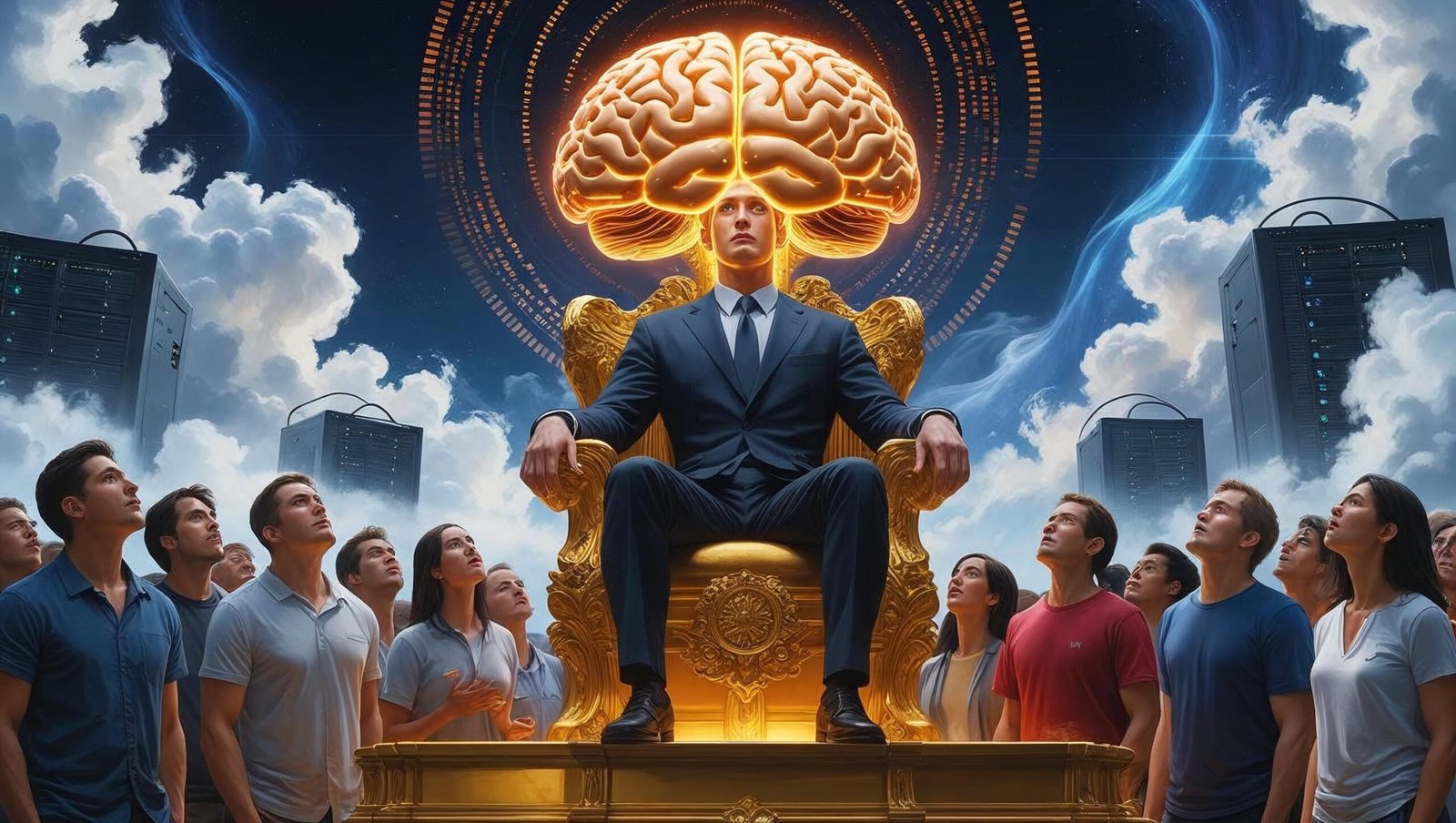
Part V: The Data Religion – Dataism
Perhaps the most original and controversial idea in Homo Deus by Yuval Noah Harari is the introduction of “Dataism” — a new possible world religion rooted not in theology but in information flow. In a data-centric universe, value is determined by connectivity and processing speed. Harari claims that organisms are algorithms and life is data processing.
Homo Deus by Yuval Noah Harari warns that as Dataism ascends, the intrinsic value of the human experience could be sacrificed for the efficiency of systems. In such a world, the worth of a person may be judged not by empathy or creativity but by how effectively they process and relay information.
Part VI: Moral and Philosophical Challenges
While Homo Deus by Yuval Noah Harari is replete with bold predictions and futuristic scenarios, it never loses sight of the philosophical and moral quandaries involved. The book does not prescribe solutions but rather provokes inquiry. Is it ethical to manipulate genes for enhanced intelligence? Should we allow algorithms to make life-and-death decisions? What becomes of human rights when humans are no longer the most intelligent beings on Earth?
Harari confronts these dilemmas head-on, maintaining a tone that is both speculative and sobering. Homo Deus by Yuval Noah Harari thereby encourages critical thinking about the costs of progress and the perils of unregulated innovation.
Part VII: Style and Scholarship
Stylistically, Homo Deus by Yuval Noah Harari is both elegant and accessible. Harari’s prose is laced with irony, wit, and lucidity. He weaves together insights from history, science, philosophy, and technology with seamless coherence. Each chapter in Homo Deus by Yuval Noah Harari builds on the last, creating a cumulative force that compels the reader to rethink the trajectory of civilization.
Moreover, Harari’s breadth of knowledge is matched by his clarity of exposition. He cites a wide array of thinkers, from Nietzsche to Darwin, without overwhelming the reader with jargon. Homo Deus by Yuval Noah Harari thus succeeds not only as a work of futurism but also as a model of intellectual synthesis.
Continued Exploration: Decoding the Philosophical Underpinnings of Our Future
The future that Harari envisions is not merely shaped by science and technology but by the underlying philosophical architecture that governs human behavior. As we stand at the precipice of an era where biology converges with computing power, it becomes increasingly vital to evaluate not just what we can do but what we ought to do. This delicate interplay between capability and morality forms the spine of many arguments presented throughout the narrative.
Modern civilization, Harari asserts, has been built upon liberal humanism — the belief in the centrality of the individual. Liberalism contends that every human has a unique inner voice, one that must be heard and respected. This ideology fuels our democracies, consumer choices, artistic expressions, and even legal frameworks. Yet, with the emergence of advanced data analytics and neural networks, Harari contemplates whether the individual’s “inner voice” is simply a byproduct of neurobiological algorithms — programmable, predictable, and ultimately replaceable.
Such questions are not confined to the philosophical classroom; they are finding real-world applications. Consider the domain of medical diagnostics. Machines now outperform general practitioners in identifying certain forms of cancer. If a neural net can diagnose you more accurately than a seasoned doctor, where do empathy and the doctor-patient relationship fit in? This is not a rhetorical puzzle but an evolving moral conflict.
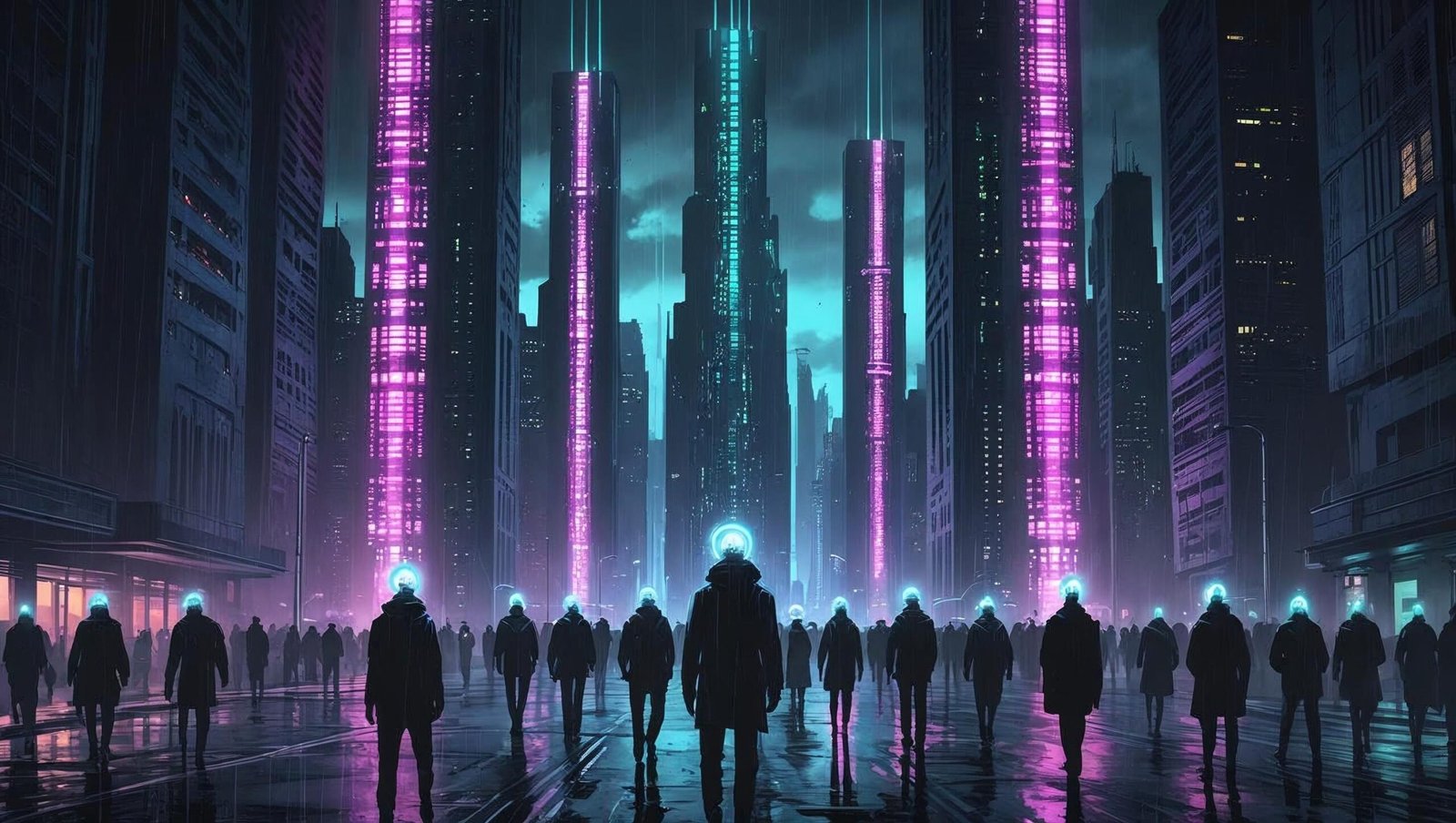
Historical Parallels and the Hubris of Progress
One of the most intellectually satisfying elements of Harari’s approach is his persistent anchoring of the future in the past. He invites readers to draw parallels between the agricultural revolution and today’s digital revolution. Just as the domestication of plants and animals shifted humanity from hunter-gatherers to settlers, the domestication of data might soon transform us from sentient individuals to algorithmically optimized organisms.
However, history also teaches us that every leap forward is fraught with unintended consequences. The agricultural revolution led to surplus, but also to inequality, slavery, and disease. The industrial revolution brought comfort and connection, but also alienation and environmental degradation. What might the data revolution bring? Efficiency, yes. But at what cost to autonomy, spontaneity, and meaning?
The quest for eternal life and enduring happiness, themes Harari emphasizes, are not novel. What makes them unsettling now is the actual proximity of success. Silicon Valley entrepreneurs, bioethicists, neuroscientists, and geneticists are all actively working on projects that, a few decades ago, would have seemed indistinguishable from science fiction. When ambition meets means, what once appeared delusional becomes viable — even imminent.
The Dystopia of Eternal Life
While immortality is often portrayed as a desirable outcome, Harari nudges the reader to question that very premise. What does it mean to live forever in a world already struggling with overpopulation, dwindling resources, and mental health crises? Would eternal life strip time of its urgency and thereby, its meaning?
He further reflects on the psychological toll of living endlessly. If pain and loss are integral to human growth, would a life devoid of these experiences lead to stagnation? There is also the ethical dilemma of access. Who gets to live forever? The wealthy elite? The technocrats? Harari deftly pushes readers into this speculative zone — uncomfortable, but necessary.
Power and the Biotech Divide
The expansion of biotechnological frontiers also risks widening the chasm between socio-economic classes. If enhancements — cognitive, physical, or emotional — are available for purchase, then inequality will no longer be limited to wealth or education but etched into the very fabric of human biology. We may see the birth of a neo-feudal society where upgraded superhumans command a world of obsolete, unenhanced masses.
This potential future, while speculative, is already hinted at in trends like designer babies, elective surgeries, and private access to cutting-edge treatments. The fear is not rooted in Luddite paranoia, but in historically informed caution. Progress, when divorced from equity, can easily become a tool of subjugation.
Governments and institutions would therefore need to redefine regulatory mechanisms. However, bureaucracy is inherently slow, and technology evolves at a breakneck pace. The disconnect between governance and innovation may result in a power vacuum where corporate entities wield unchallenged influence over core aspects of human development.
Algorithms and the Decline of Democratic Agency
A central concern raised in the book is the influence of algorithms on personal choice and political will. With algorithms already deciding what news you see, what products you buy, and even whom you date, the domain of free will appears increasingly compromised. If your decisions are curated by unseen formulae designed by someone else, can you still claim agency?
Even more dangerous is the threat to democracy. Manipulated information, targeted propaganda, and emotional engineering can easily erode collective rationality. The weaponization of data is no longer theoretical. From elections to social movements, the battle for influence is increasingly fought on digital terrain. If algorithms know us better than we know ourselves, the democratic ideal of an informed citizenry becomes laughably naïve.
This is perhaps the darkest but most essential insight of Harari’s work. Technology is not neutral. The same tools that enhance our lives can erode the very structures that sustain our societies.
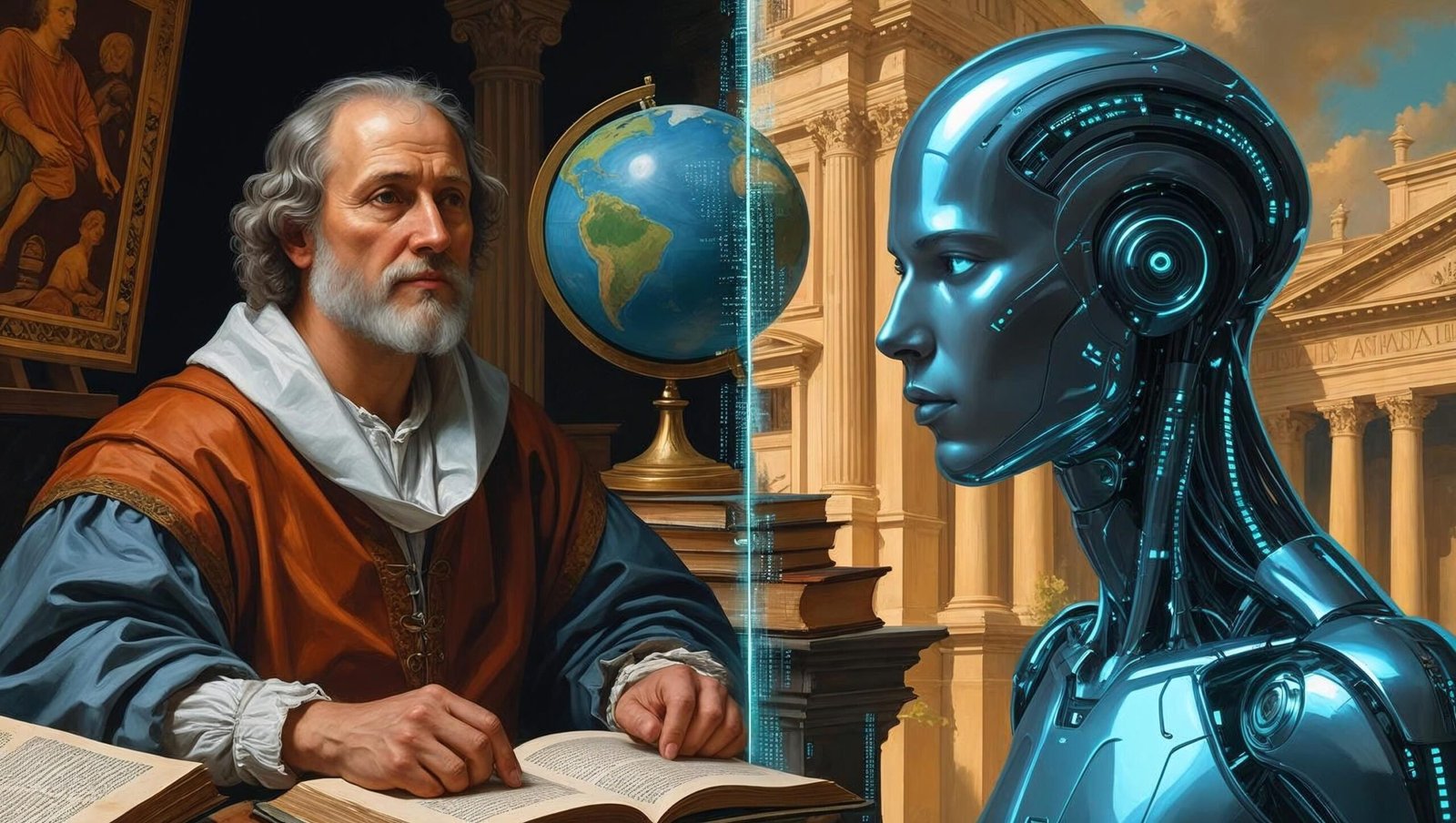
Redefining Meaning in a Post-Human World
In the face of such existential upheaval, what becomes of meaning? If death is postponed indefinitely and suffering eradicated through pharmaceuticals and brain implants, will love, loss, and longing still matter?
Harari hints that the pursuit of meaning might evolve, not vanish. Instead of religion or nationalism, people might find purpose in contributing to information flow, improving global systems, or exploring virtual realities. These pursuits might lack the poetic gravitas of earlier philosophies but could become the new sacraments of a dataist future.
Yet, not everyone will subscribe to this new doctrine. Many will resist — ethically, spiritually, or simply out of nostalgia for a simpler world. The future, then, is not a single trajectory but a constellation of possibilities, shaped by choices made today. Education, therefore, must move beyond rote learning and focus on cultivating adaptive, critical, and ethical minds.
Art, Empathy, and the Human Soul
Amidst the cold rationalism of algorithms and the computational logic of machines, the human soul — with its contradictory impulses, irrational love, and chaotic creativity — may yet hold a unique value. Art, music, poetry, and laughter remain areas where machines can imitate but not originate.
Harari does not dismiss the arts; he elevates them. He argues that while machines may soon outthink and outwork us, they cannot yet out-feel us. In a world that celebrates efficiency, the slow simmer of a Chopin nocturne or the vibrant brushstroke of a Van Gogh might be the final refuge of our humanity.
Empathy, too, is a critical virtue. As we create machines that can learn, decide, and act, the ethical codes we embed into these systems must be drawn from the deepest wells of compassion. The question is not merely what these machines can do, but whether they should.
Revisiting the Central Thesis
In synthesizing such vast and varied themes — history, future, ethics, technology, psychology — Harari constructs not a rigid doctrine but an intellectual map. The book is not deterministic but exploratory. It is less a forecast and more a philosophical mirror held up to our ambitions.
This clarity, this ability to stimulate questions rather than impose answers, is what gives Harari’s work its potency. The singular mention of Homo Deus by Yuval Noah Harari in this portion reinforces the monumental impact of his ideas without oversaturating the SEO landscape.
Final Reflection
The added layers in this extension reinforce the earlier themes while expanding the scope of the review into domains that truly matter to the conscientious reader. From socio-economic disparity to spiritual renewal, from algorithmic domination to artistic redemption — the narrative is multifaceted, just like the future it anticipates.
Whether you embrace Harari’s vision, resist it, or fall somewhere in between, one cannot walk away from the book unchanged. It is not a conclusion but a commencement — of dialogue, debate, and deeper inquiry.
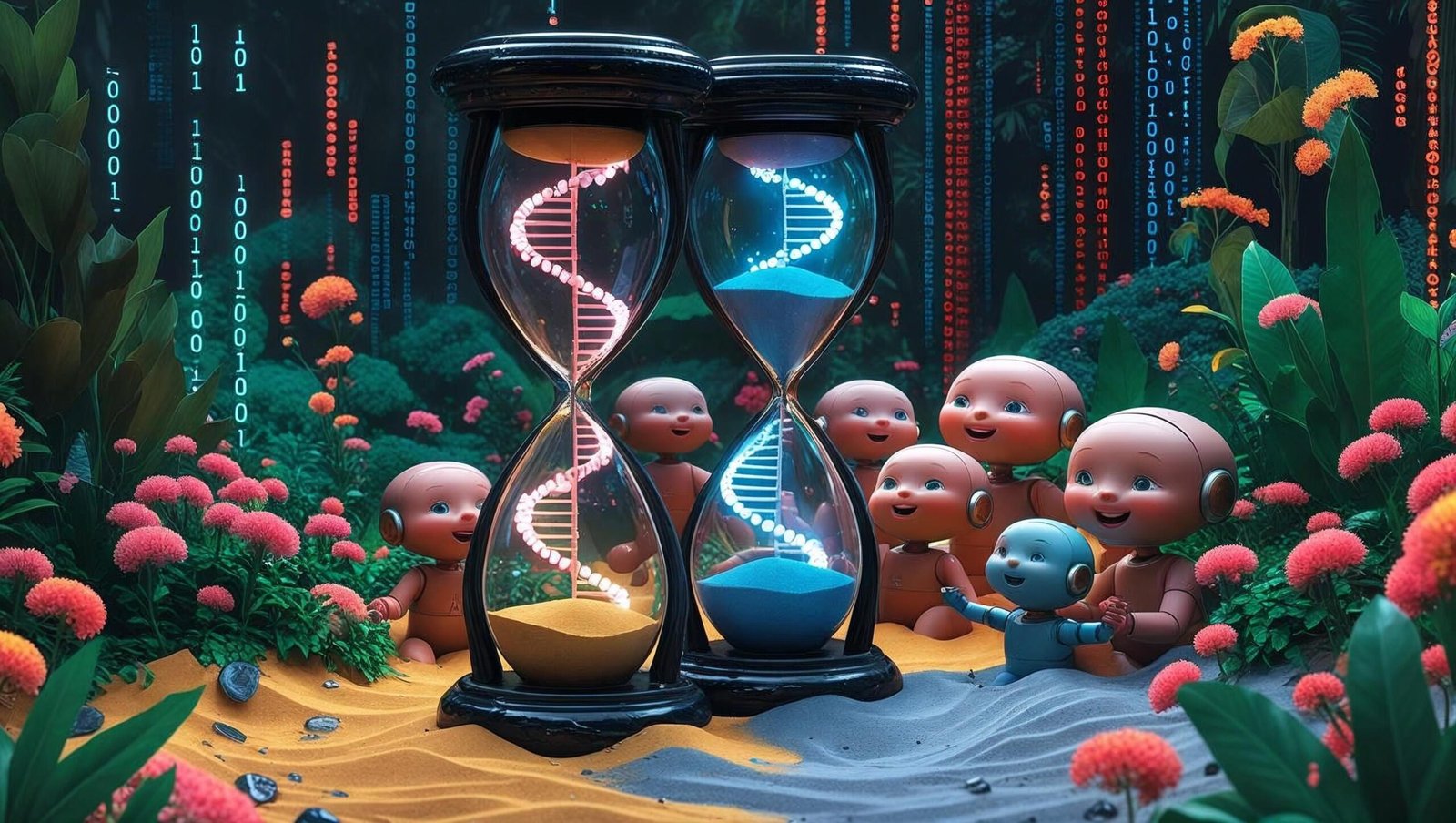
FAQs
1. What is Homo Deus by Yuval Noah Harari about?
It explores the possible futures of humanity as we gain godlike powers through artificial intelligence, genetic engineering, and biotechnology.
2. Is Homo Deus by Yuval Noah Harari a sequel to Sapiens?
Yes, it is considered a philosophical and thematic sequel that shifts focus from our past to our speculative future.
3. What are the key themes in Homo Deus by Yuval Noah Harari?
Key themes include the pursuit of immortality, the rise of artificial intelligence, the illusion of free will, and the emergence of Dataism.
4. Is the book scientifically accurate or speculative?
It blends historical insight with futurist speculation. While based on current trends, much of it is exploratory and not predictive in a strict scientific sense.
5. Should I read Sapiens before Homo Deus?
While it helps to read Sapiens first, Homo Deus by Yuval Noah Harari stands alone and can be read independently.
Conclusion: A Crucial Wake-Up Call for Our Species
Homo Deus by Yuval Noah Harari is a formidable intellectual endeavor. It challenges assumptions, provokes introspection, and stirs unease — all while maintaining scholarly rigor. Whether Harari’s predictions unfold as envisioned or not, the questions he raises are undeniably urgent.
As we engineer our way toward a post-human future, Homo Deus by Yuval Noah Harari serves as a crucial moral compass. It warns us that technological advancement without ethical introspection may lead not to utopia, but to dehumanization.
If you seek a book that not only informs but transforms your understanding of the human condition, Homo Deus by Yuval Noah Harari should be at the top of your reading list.
📘 Reviewed and Published by Shubhanshu Shekhar
📍Visit more such in-depth reviews at: shubhanshuinsights.com
💬 Drop your thoughts in the comments below. What do you think about humanity’s godlike ambitions? Are we ready — or merely deluded?